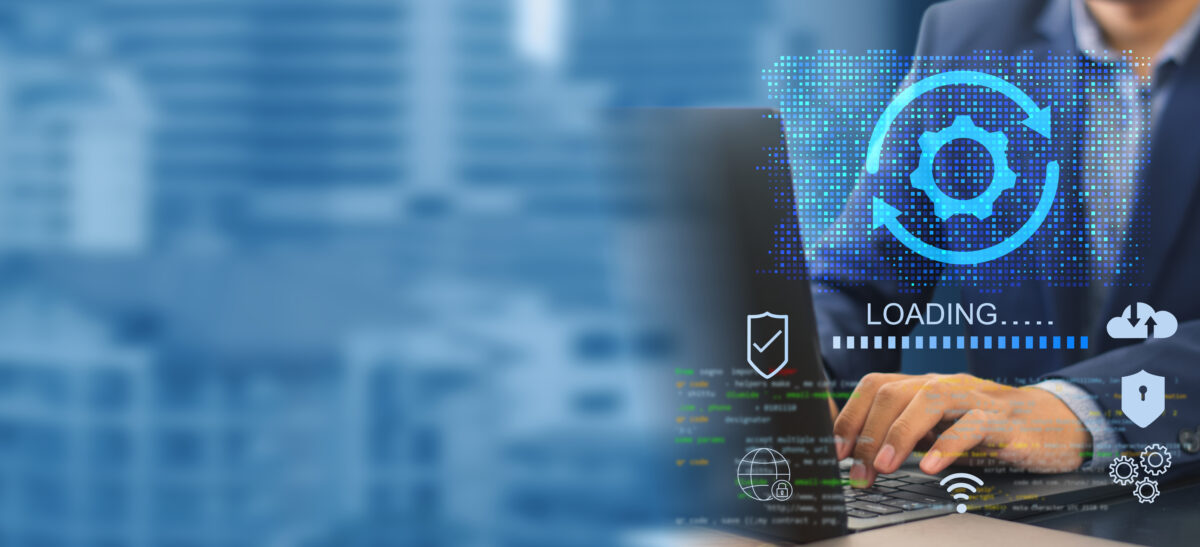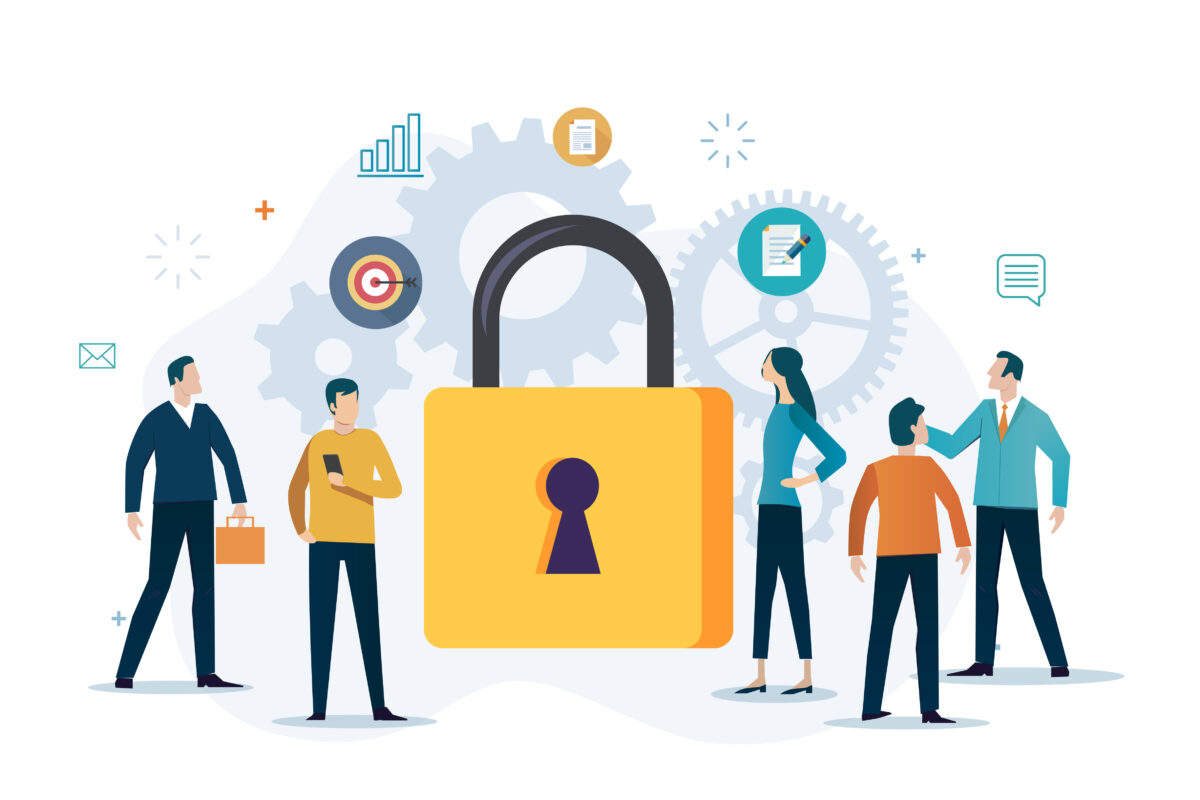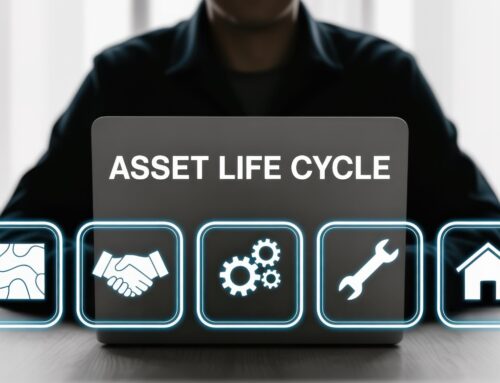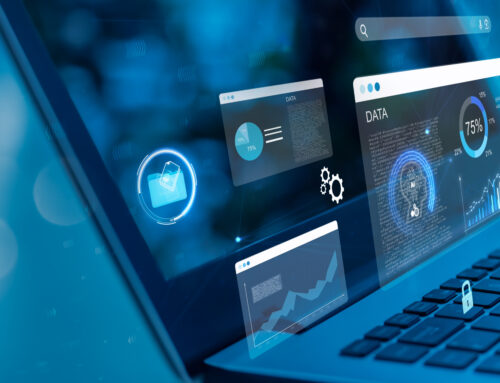

Choosing the right software for water management for your municipality isn’t just another IT decision—it’s a game-changer for efficiency, compliance, and long-term sustainability. The right water utility software can help you monitor water usage, detect leaks faster, streamline regulatory reporting, and improve water infrastructure management. But with so many options on the market, how do you make the right choice?
As a public works director, you know that purchasing municipal water software isn’t just about flashy features. It has to work for your team in the field and the office, integrate seamlessly with your existing systems, and justify its cost in real-world savings. Before making a decision, ask these 10 essential questions to ensure you choose a water management solution that truly meets your needs.
1. Does the Software for Water Management Support Regulatory Compliance?
If there’s one thing that keeps public works directors up at night, it’s compliance. Whether it’s EPA regulations, Safe Drinking Water Act (SDWA) requirements, Clean Water Act (CWA) mandates, or FEMA reporting, your software should make compliance easier, not harder. Look for:
- Automated reporting to generate compliance documents with minimal manual effort.
- Historical data tracking to provide audit trails if regulatory agencies request records.
- Alerts and reminders for permit renewals, required inspections, or sampling deadlines.
2. Can It Integrate with Our Existing Systems?
Water management solutions should not operate in a silo. Your team likely uses GIS, SCADA, billing software, asset management systems, and work order platforms—and your new municipal water software should integrate with them.
- Can it pull data from SCADA for real-time monitoring?
- Does it work with GIS layers for mapping infrastructure and identifying problem areas?
- Will it connect with billing systems to track water loss, revenue impact, and leak detection?
If the answer is no, you might end up with double data entry or unreliable reports.
3. Does It Provide Real-Time Monitoring and Alerts?
Leaks, pressure drops, contamination—these aren’t things you want to find out about after they’ve caused damage. Look for software for water management that offers:
- Live sensor data for water pressure, flow rates, and water quality indicators.
- Automated alerts when anomalies occur, allowing for faster response times.
- Customizable dashboards so teams can easily see critical information.
4. How Does the Software for Water Management Handle Work Order and Asset Management?
Your city’s water infrastructure isn’t getting any younger, and reactive maintenance is costly. A good water utility software should help you:
- Track asset lifecycles to plan repairs or replacements before failure.
- Schedule preventive maintenance to avoid costly breakdowns.
- Assign and track work orders to ensure nothing falls through the cracks.
A system with a mobile app for field crews is even better—it lets staff update records on-site, eliminating paperwork delays.
5. Is the Software for Water Management Scalable for Future Growth?
Your city isn’t staying the same size forever. Can your water management solution grow with you? Look for:
- Scalability to handle expanding infrastructure and increased data loads.
- Cloud-based options that allow for remote access, automatic updates, and improved data security.
- Flexible licensing models that don’t lock you into expensive contracts as your needs evolve.
Don’t buy a system that barely meets today’s needs—you’ll be shopping again in five years.
6. What Mobile Capabilities Does It Offer?
Your field crews aren’t sitting at desks all day. They need software that allows them to:
- Access maps, work orders, and asset details from a mobile device.
- Update records in real-time without returning to the office.
- Capture and attach photos to document repairs or issues.
A mobile-friendly water management software means fewer delays, better record-keeping, and improved efficiency across the board.
7. What Are the Data Security and Backup Measures? 
Cybersecurity threats are real, and municipalities are increasingly being targeted. Before buying new software, ask:
- Is data encrypted to protect sensitive municipal water records?
- How frequently are backups performed, and are they stored securely?
- What happens in case of a ransomware attack or system failure?
A secure municipal water software system should have strong security protocols and redundant backups to prevent data loss.
8. How User-Friendly Is the Interface?
If your staff dreads using the new software, it’s not the right fit. Complex doesn’t always mean better. Look for:
- An intuitive dashboard that makes critical water data easy to access.
- Customizable views so different teams see what matters most to them.
- Minimal training requirements so new hires can get up to speed quickly.
Ask for a live demo and let multiple team members test it before making a decision.
9. What Are the Costs Beyond the Initial Purchase?
The sticker price isn’t the only cost you’ll face when investing in new software. Consider:
- Implementation fees for setup and customization.
- Training costs for staff.
- Ongoing subscription or licensing fees.
- Support and upgrade costs.
Make sure you have a clear understanding of the total cost of ownership before signing a contract.
10. What Level of Customer Support and Training Is Provided?
Even the best water management software isn’t useful if no one knows how to use it. Look for a vendor that offers:
- 24/7 customer support (or at least emergency assistance).
- Detailed training resources like videos, manuals, and live training sessions.
- Regular updates and improvements based on user feedback.
Conclusion
Investing in the right software for water management can save your city money, improve efficiency, and reduce compliance risks. But making the wrong choice can lead to frustration, wasted funds, and inefficient operations.
Before making a decision, involve key team members, request live demos, and make sure the system truly fits your needs. The time you spend evaluating new software now will save you years of headaches down the road.
Thinking about a new system? Start with these 10 questions—and find a water management solution that makes your job easier, not harder.





